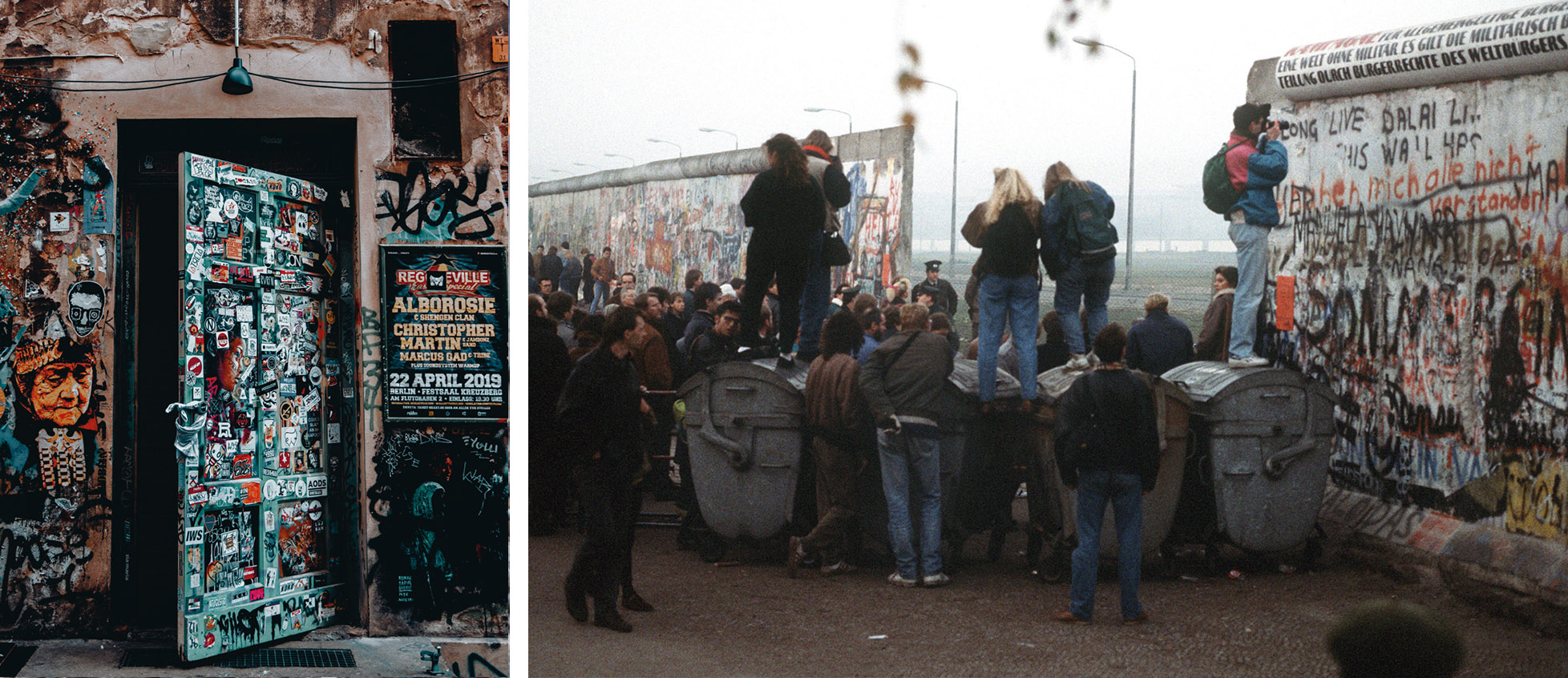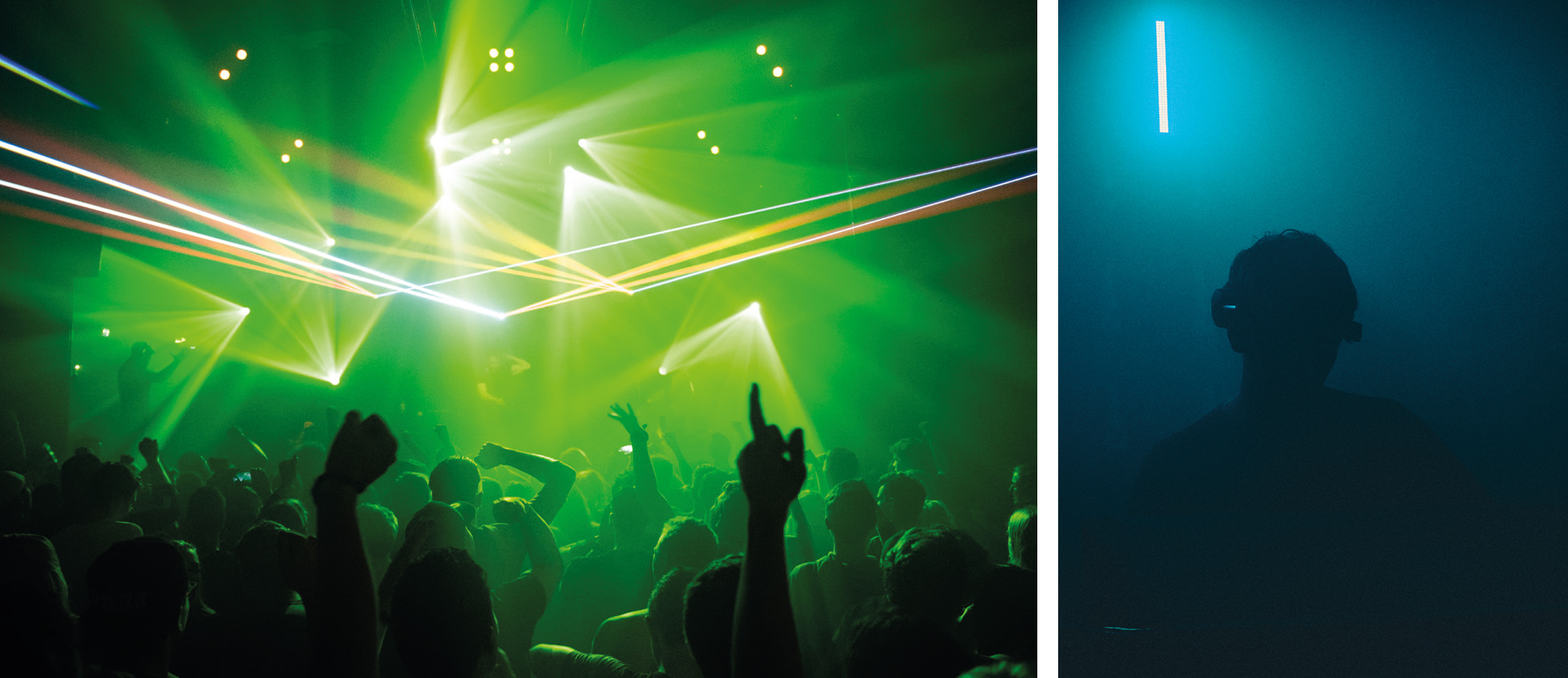Berlin is the undisputed home of techno music in Europe, and probably in the whole world. The distinctive energetic music flourished in the underground scene of a newly-reunified Berlin at the start of the 1990s. Originally held in abandoned factories, hangars, and underground stations, illegal raves that celebrated life and freedom and were fuelled by techno music soon became legitimate clubs that still operate to this day.
It’s a long-held belief that Berlin is the home of techno music, and even though it originated in Detroit in the 1980s, techno music found its true home in Berlin in the 1990s. Following the fall of the Berlin Wall, many buildings were left abandoned and empty, allowing the newly-freed Berlin youth to turn the various power plants, bunkers, hangers, and underground stations into temporary dance clubs.
Berlin club culture played a major role in the establishment of techno music. What were once venues for illegal raves, fuelled by a desire to protest oppression, eventually transformed into legitimate and incredibly popular businesses that still operate today. There isn’t an electronic music fan in the world who hasn’t heard of clubs like Berghain and Tresor, each of which hosts its own brand of techno music.
Techno music clubs and raves have felt the impact of the COVID-19 pandemic, with venues quickly being shut down to limit the spread of the coronavirus. The Berlin Techno Booth competition is a light-hearted initiative to help cheer up the tired and frustrated techno music community by introducing dance cabins to the streets of Berlin.
For this competition, participants are being asked to design a temporary structure that could accommodate a single dancer, allowing them to dance and enjoy Berlin’s best techno music, all while socially distancing. The only constraint is that the structure needs to have a maximum area of 4 m2.
While there are no specific requirements for design submissions, participants are encouraged to be as creative as possible, challenging the typical ideas of housing, design, and the community at large. Those projects that manage to merge blue sky thinking with an element of practicality will likely be the most successful.
Download full competition brief for more information!
Competition is open to all. No professional qualification is required. Design proposals can be developed individually or by teams (4 team members maximum). Correspondence with organizers must be conducted in English; All information submitted by participants must be in English.

Competitions
Resources
GET INSPIRED
- Buildner
- Architecture competitions
- Berlin Techno Booth
International Architecture Competition













